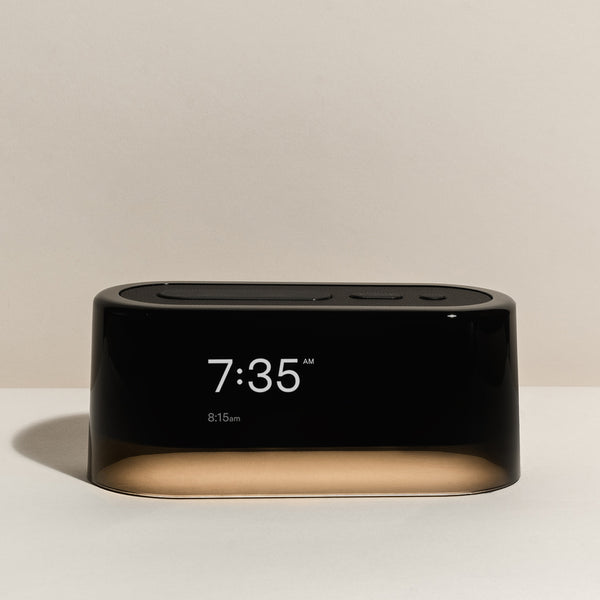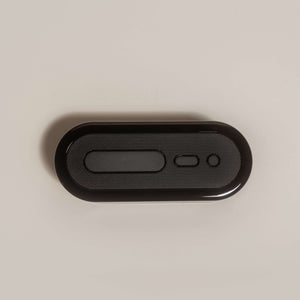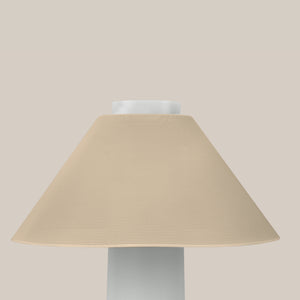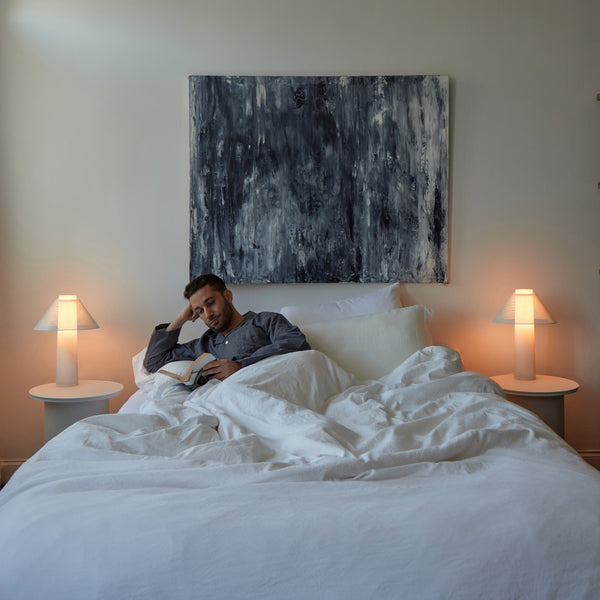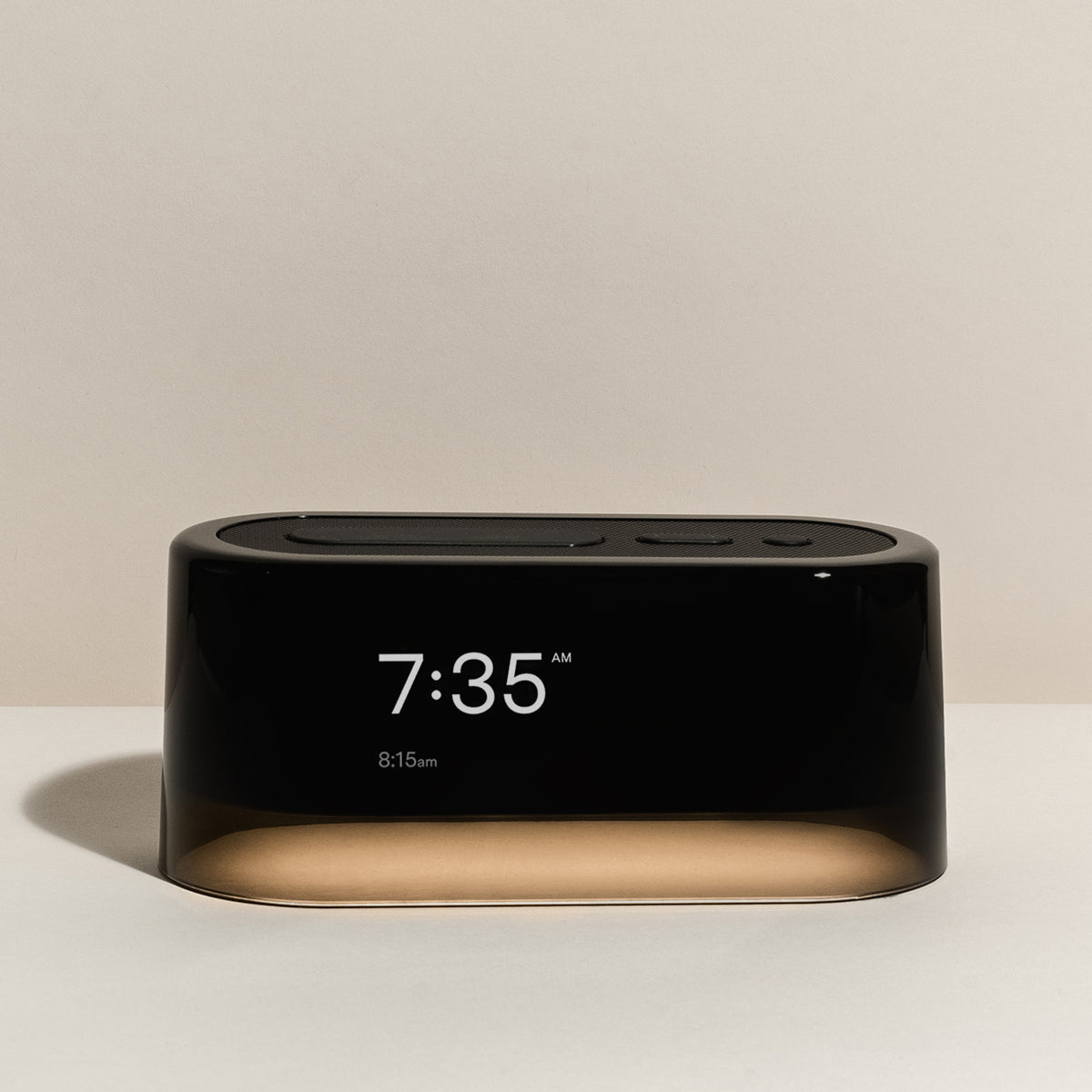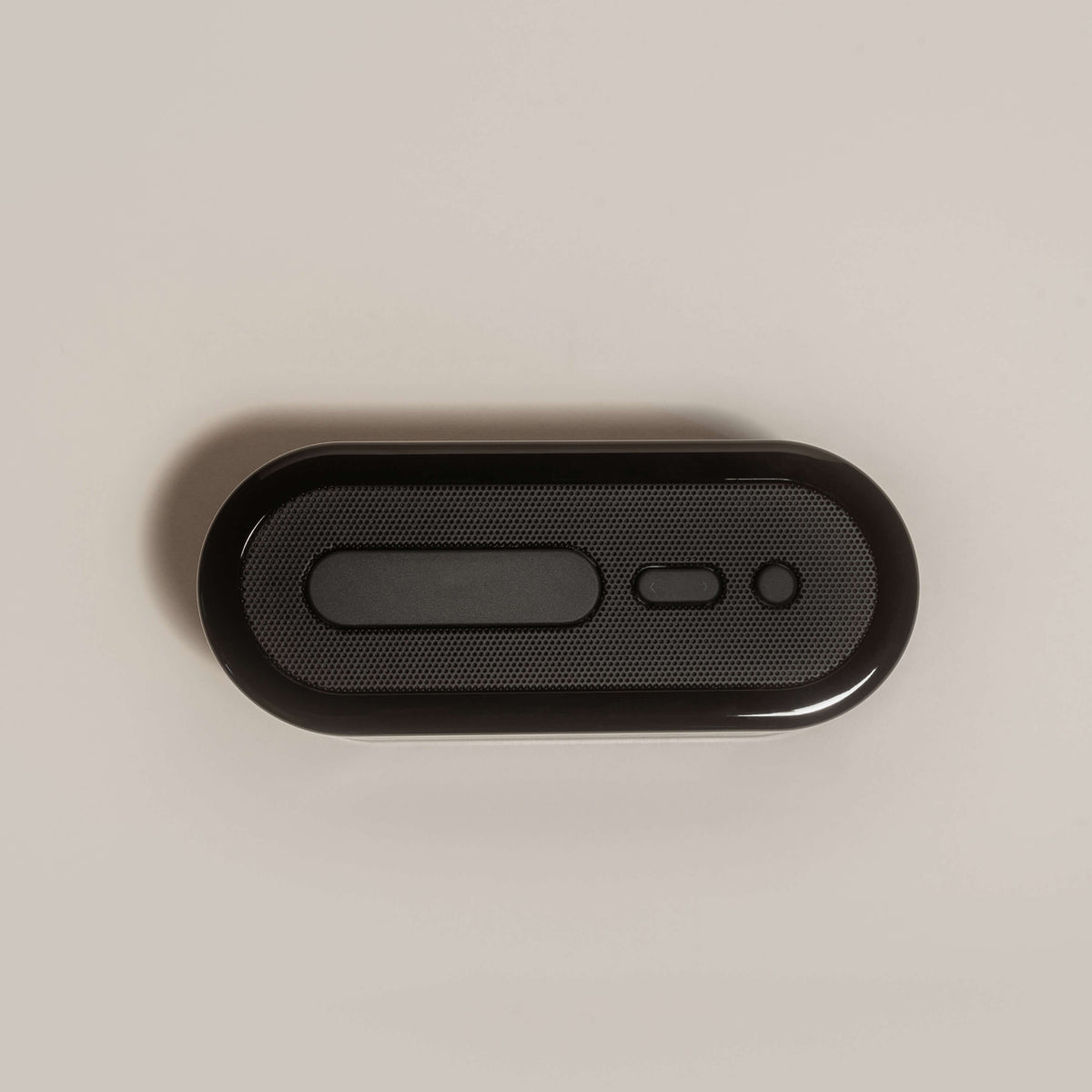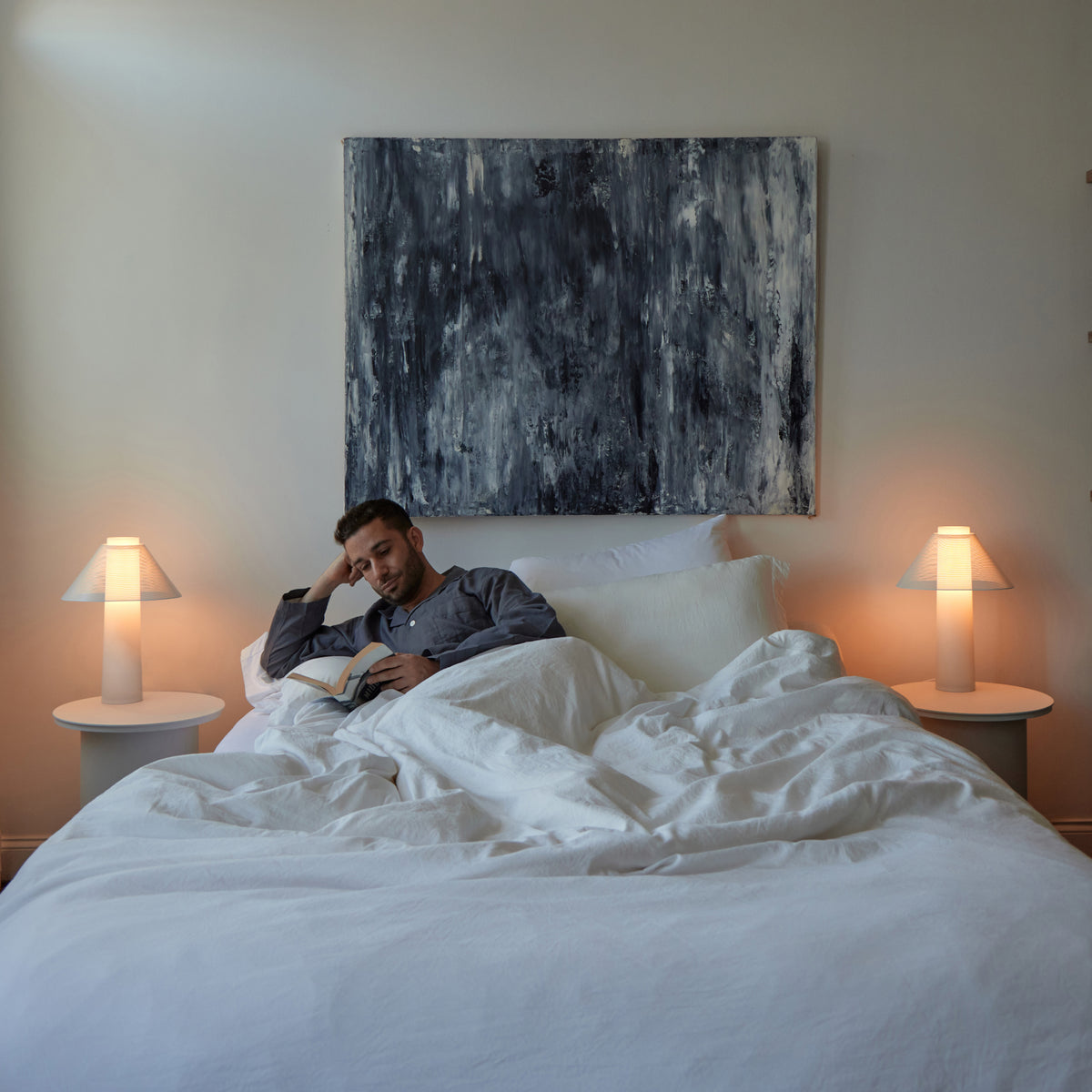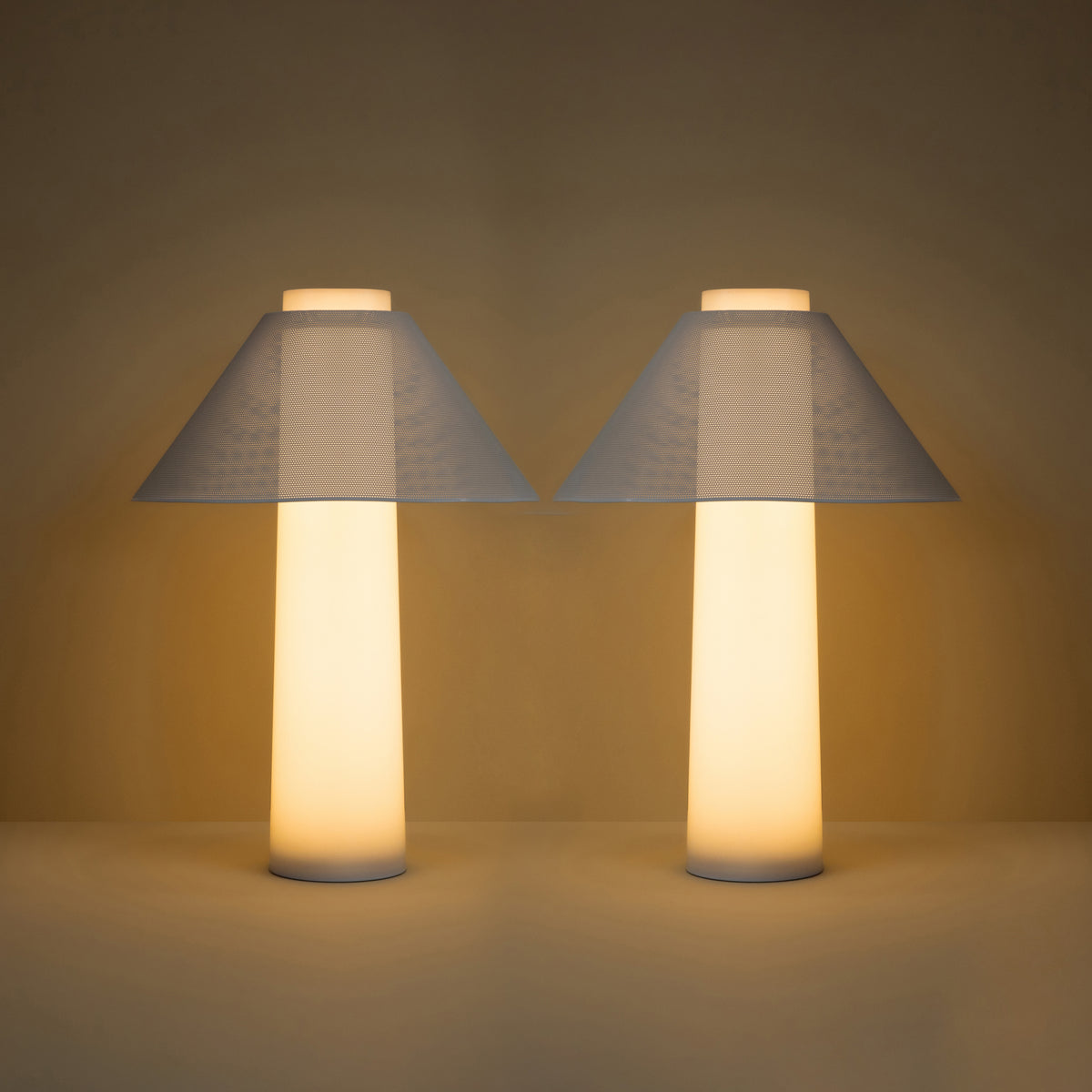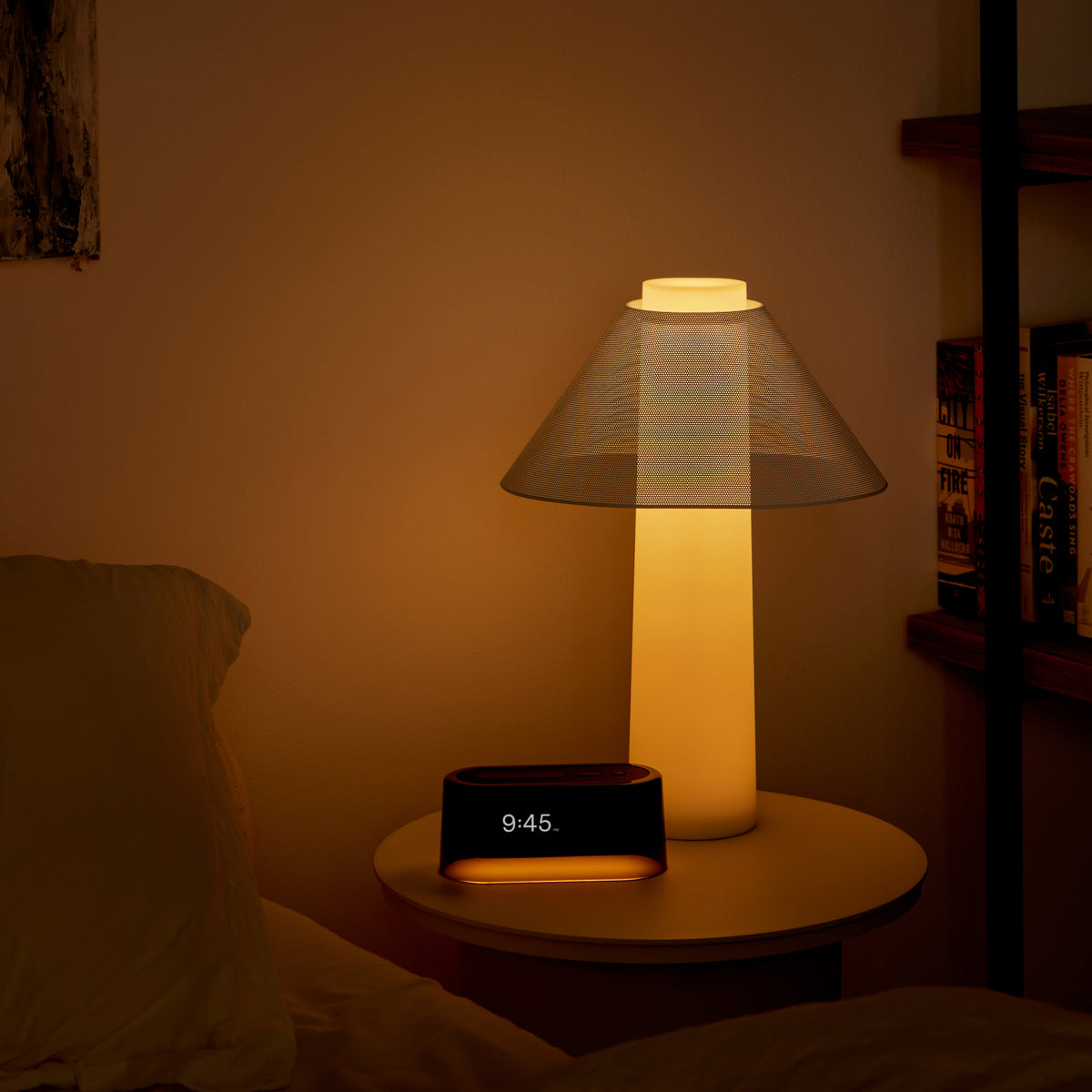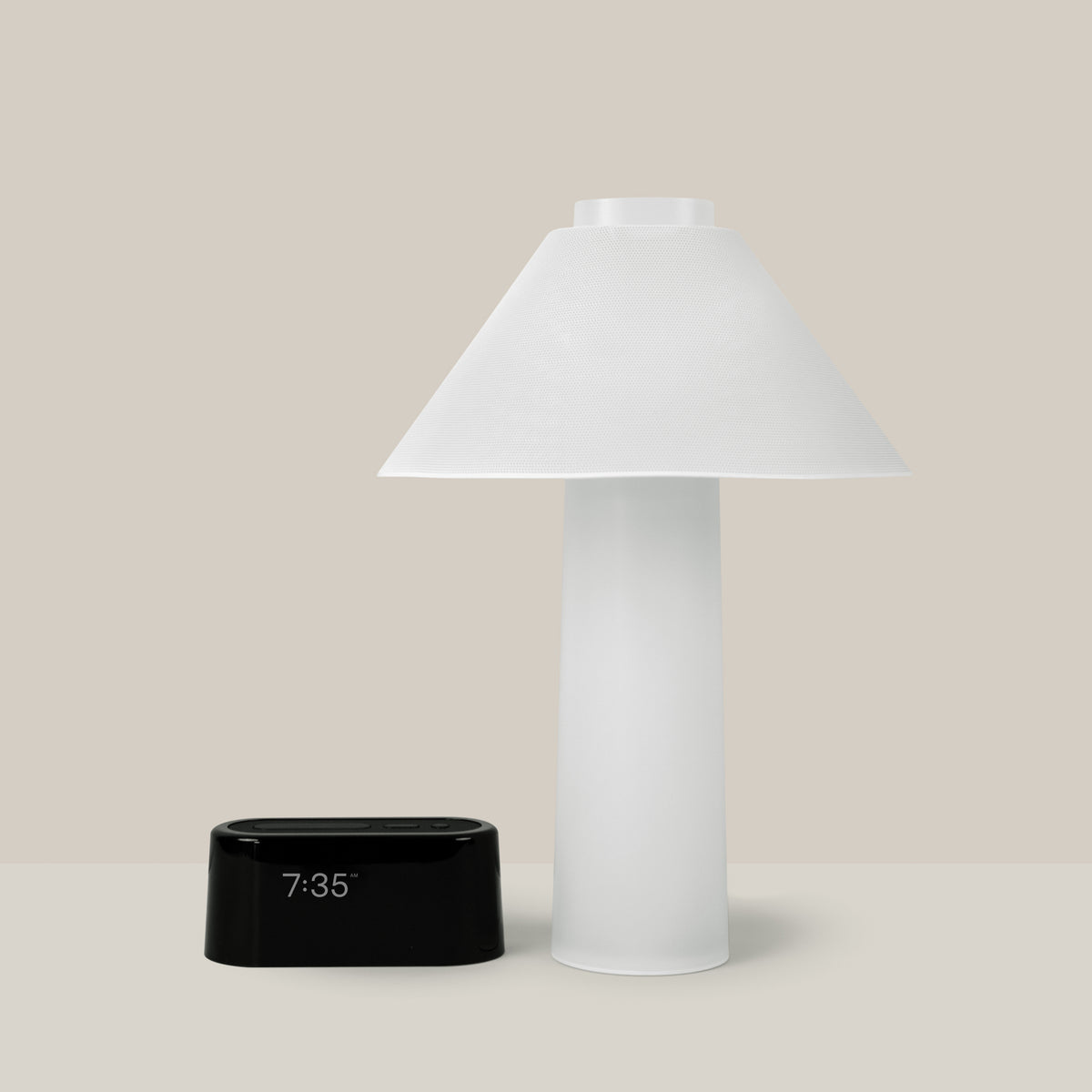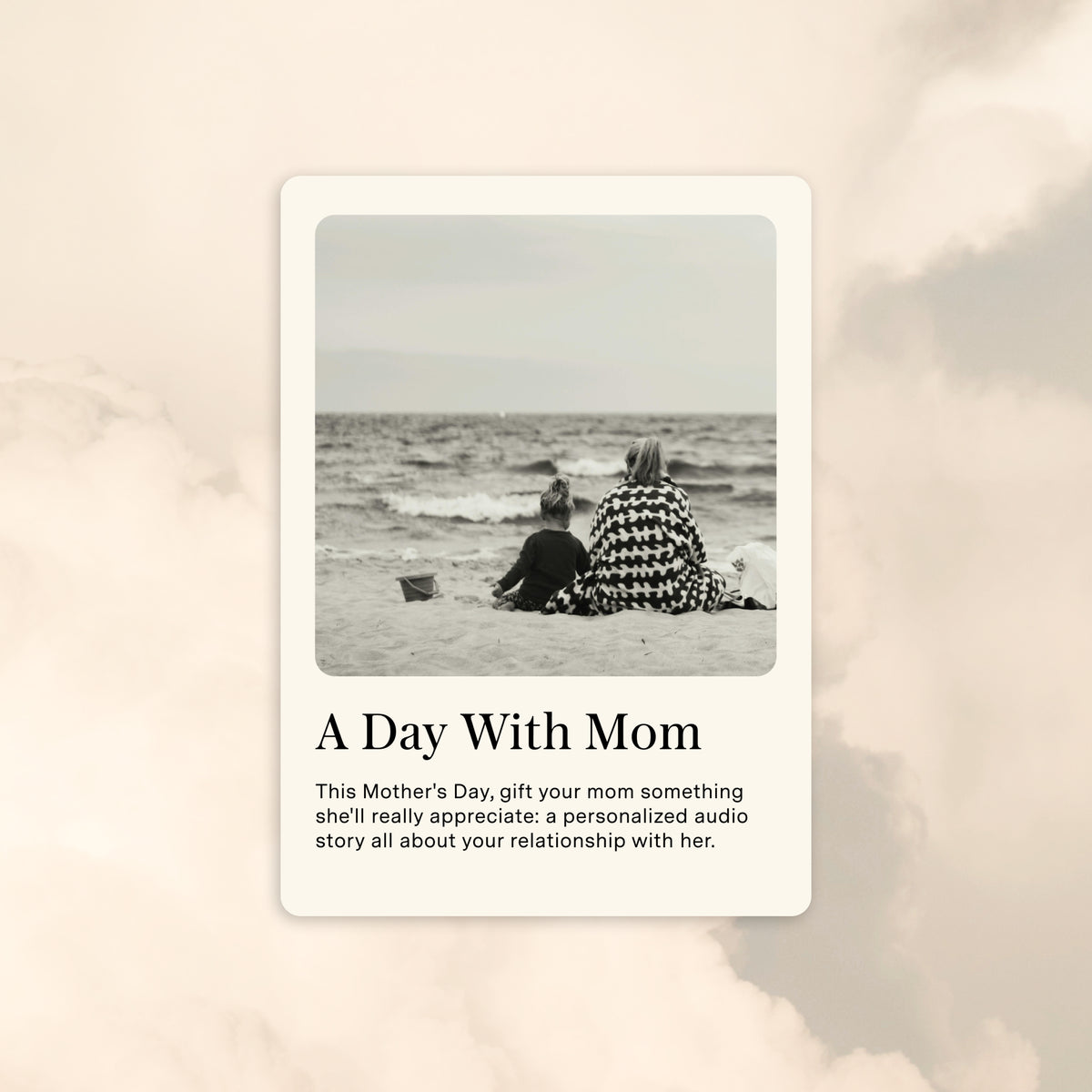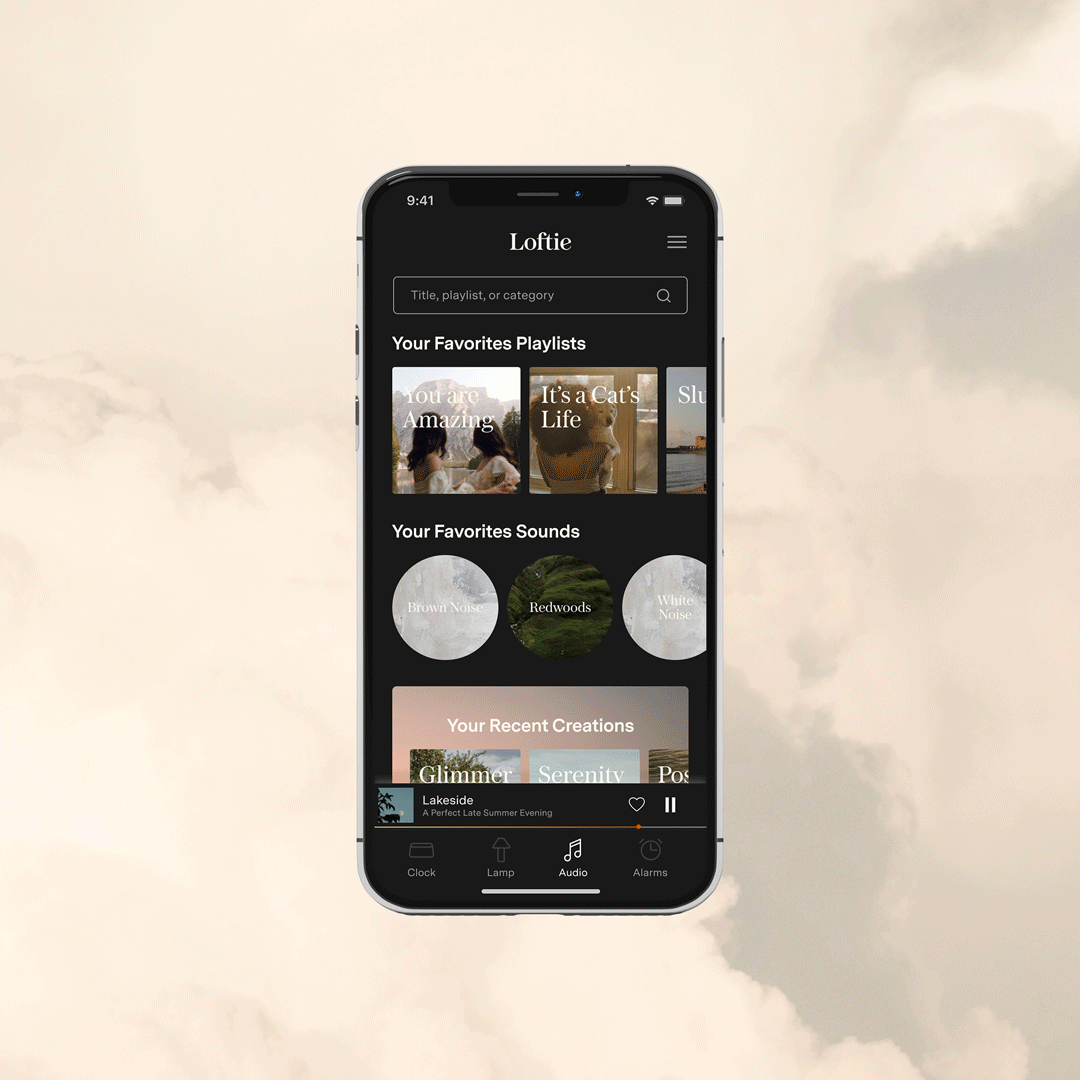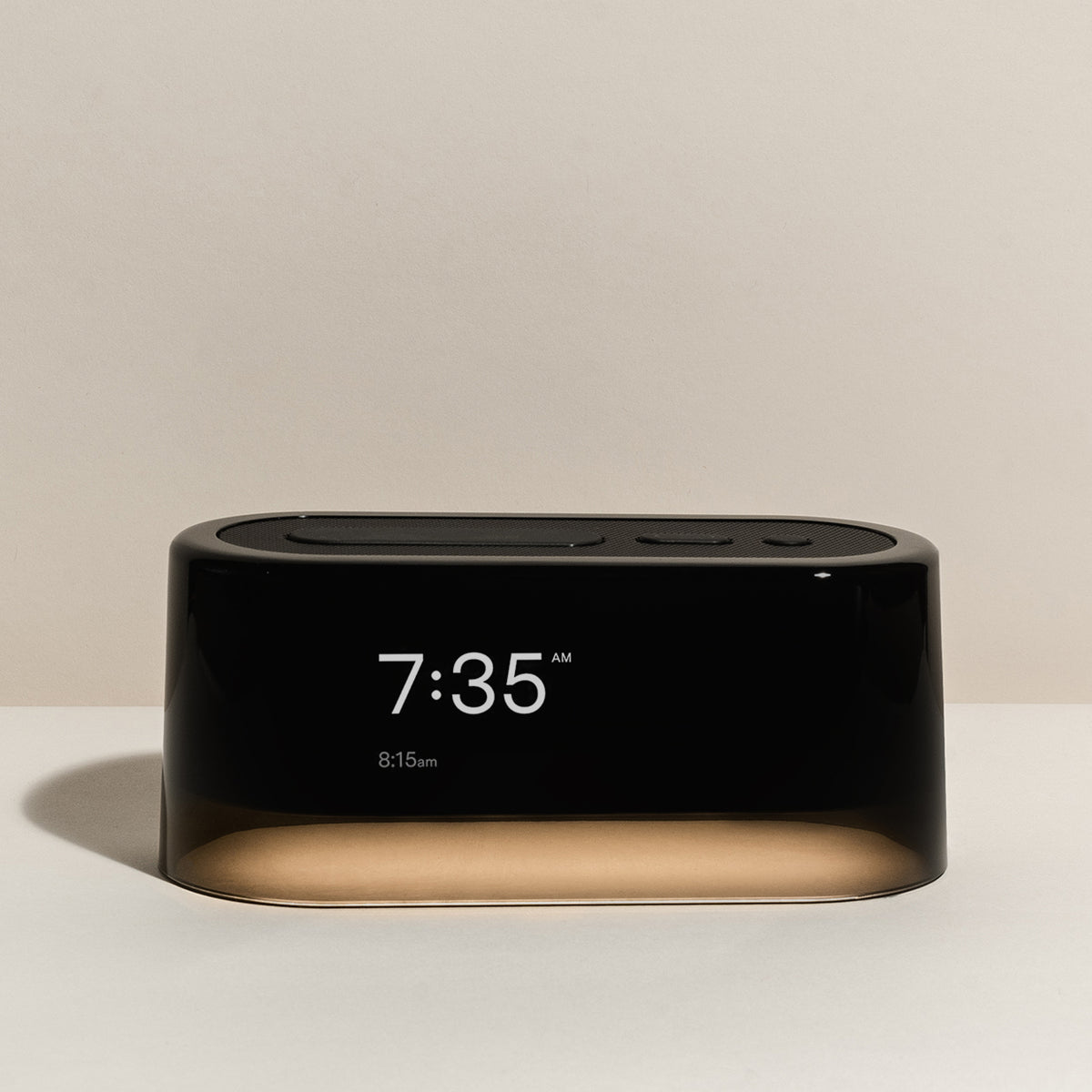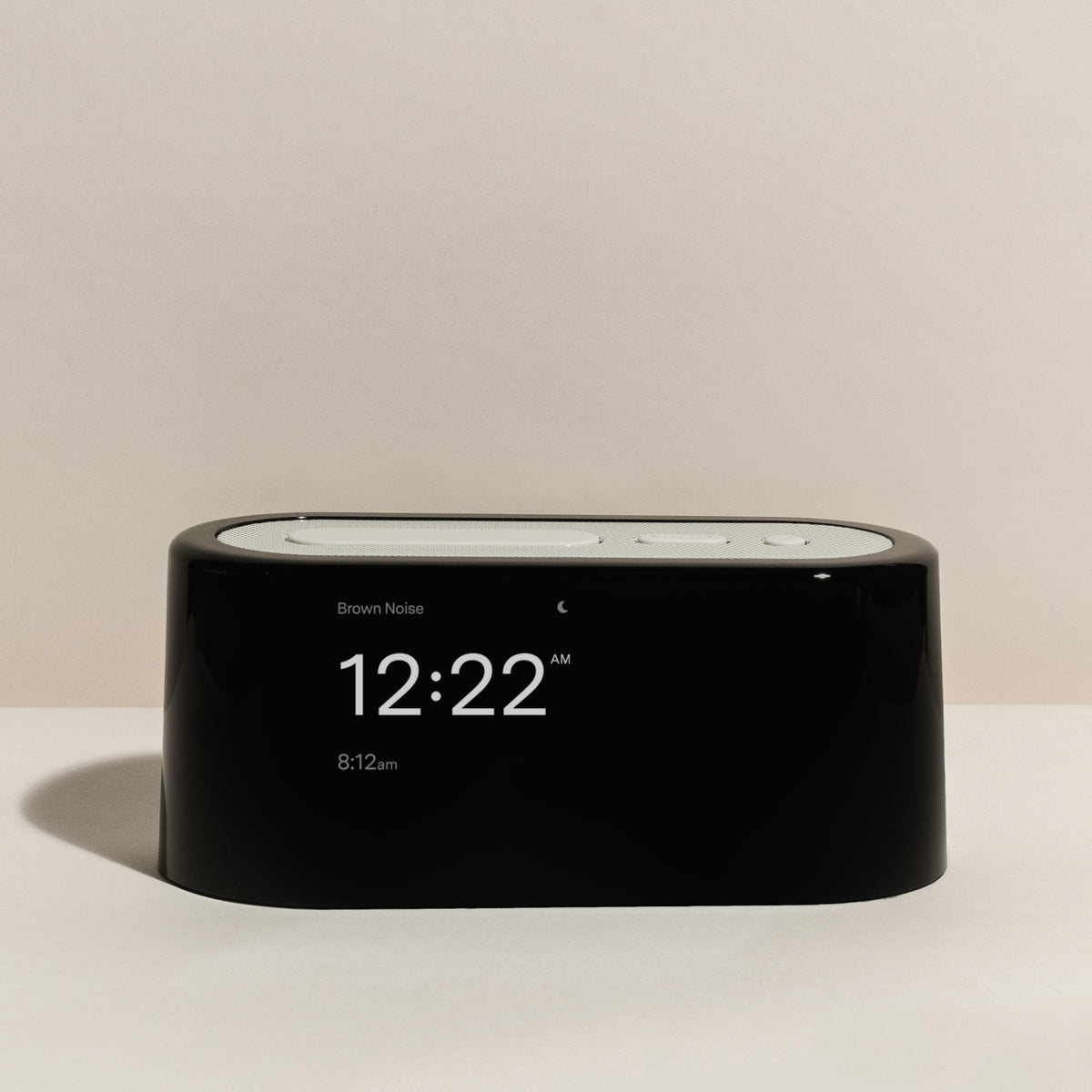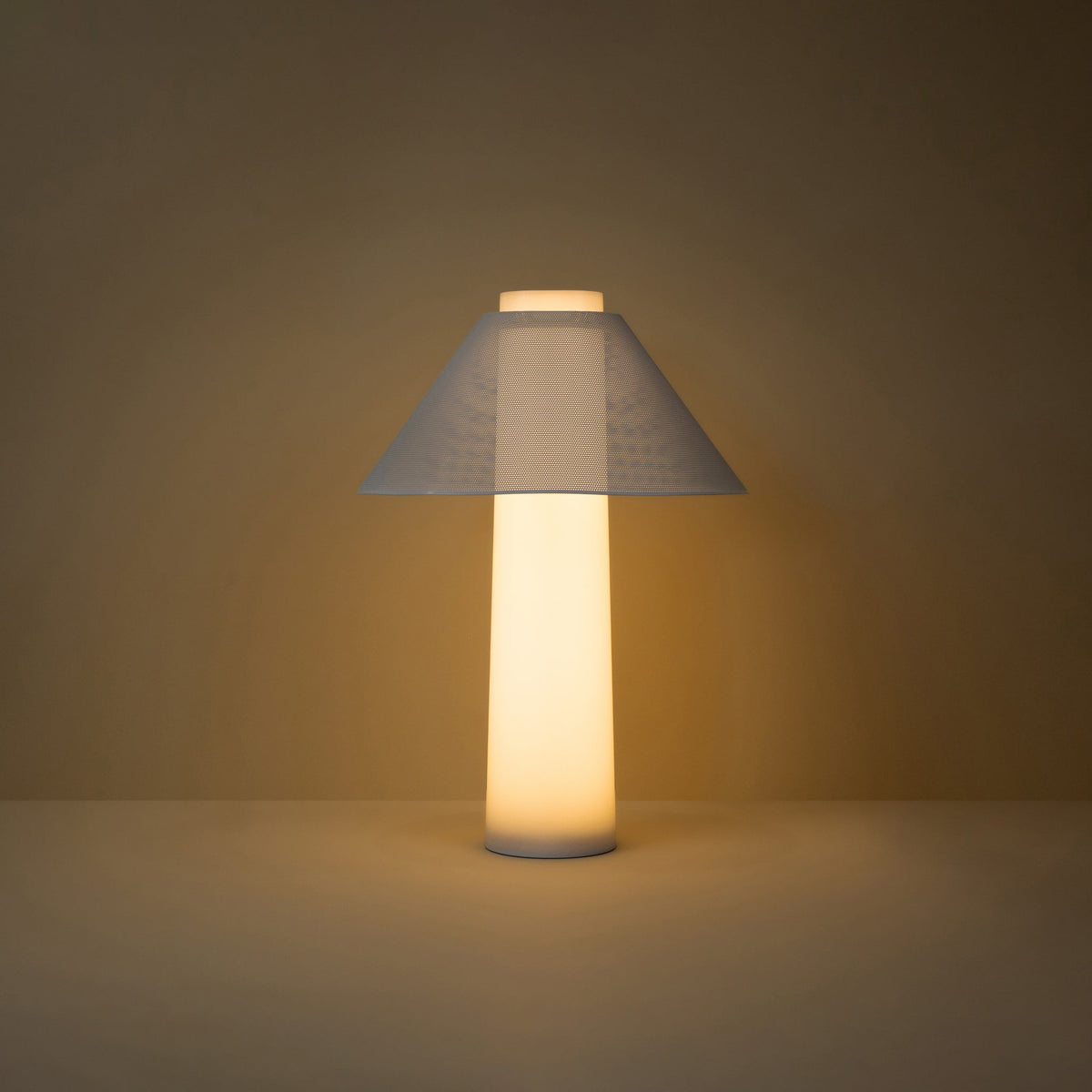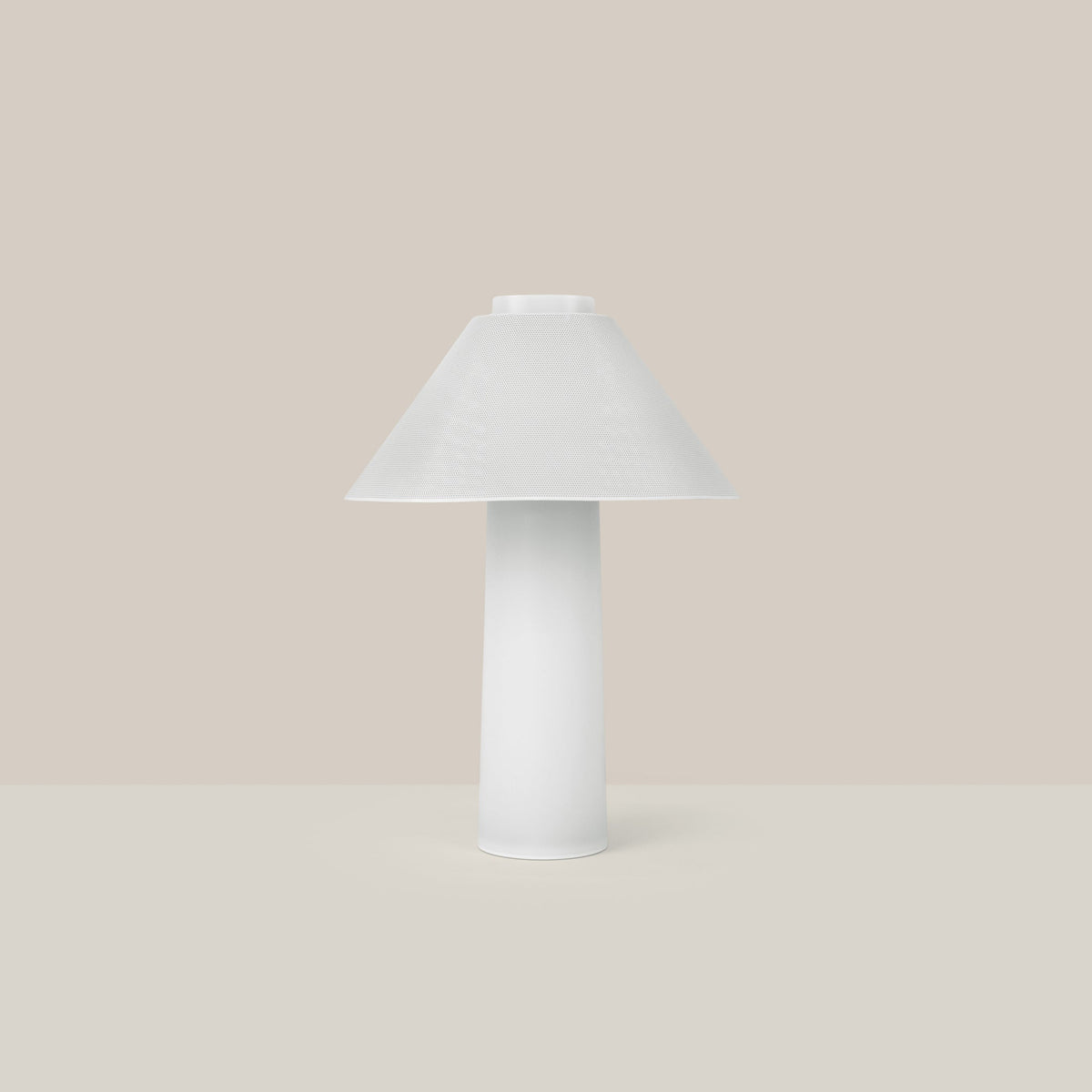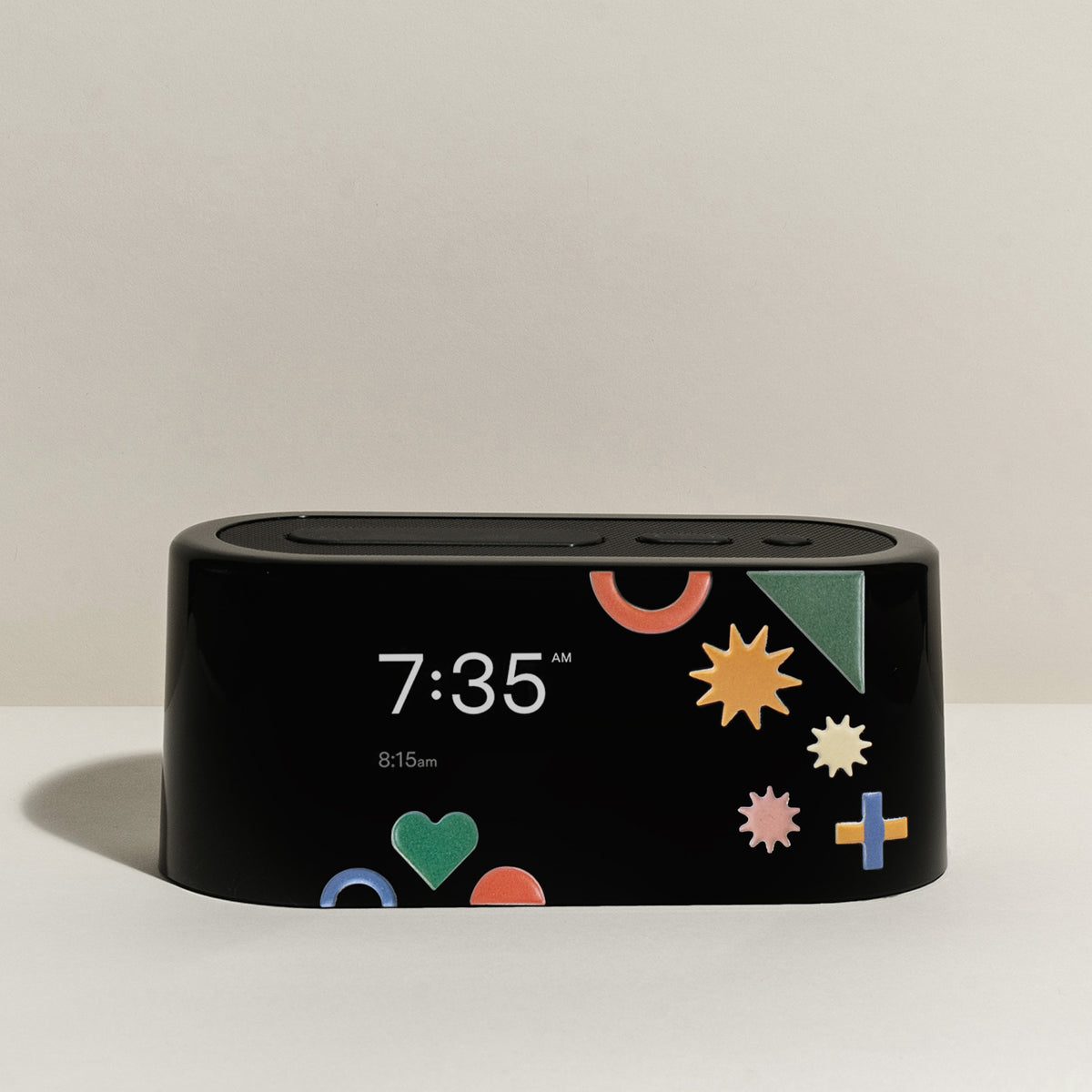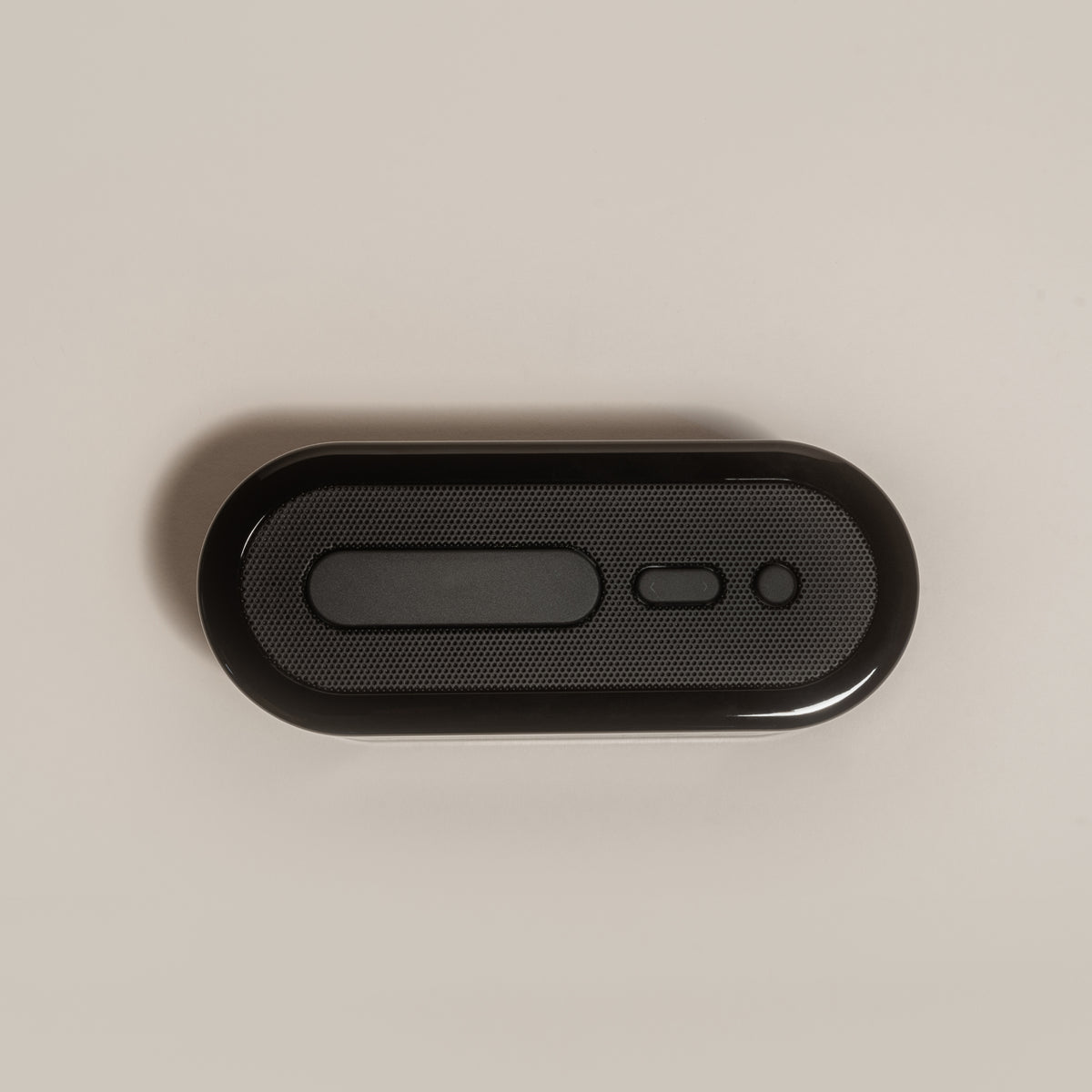Why is it that some people can perform at their peak after having a few hours of sleep whereas another person can struggle through the day after a full night of rest? This is due to each of us having a natural disposition to be awake and asleep at certain times throughout the day. This is called a sleep chronotype and we each fall into one of the four types or a mix of them. If you need to know yours RIGHT NOW: Take our quiz and come back.
What are chronotypes?
What is a chronotype? A chronotype is closely linked to your circadian rhythm or internal clock. This is the system that determines when your body naturally desires to perk up in the morning and wind down at night. If you look at your day, you might notice that you experience a feeling of alertness, productivity in your work, or an extra ounce of energy for your workout at consistently similar times throughout your day. Compared to a different day when you attempt to tackle the exact same tasks at different times of the day but instead of feeling energized you feel totally depleted—same activities, very different outcomes.
This is most likely because of your chronotype. Identifying which one you most align with can help you get more specific about your peak productivity times in your day. This way you can structure your tasks to set yourself up for the highest level of productivity.
Why is knowing your Chronotype important?
Identifying your chronotype doesn’t only affect your sleep, it has the potential to impact many important aspects of your life. Things like appetite, overall energy, core body temperature, work productivity, how you socialize with people, even your optimal times to have sex can all be linked to your chronotype. So if you’re getting a full night of rest every night yet still wake up feeling exhausted, you’re probably working against your chronotype.
For example, if you and your partner have different chronotypes this can cause a host of issues from health to happiness. While we know that sleep can’t solve every problem (one can dream), in this case, the solution might actually be as simple as asking, “what’s my chronotype?”
Understanding your chronotype can give you insights on your health, sleep, and eating habits. For instance, evening chronotypes typically have sleep patterns timed 2 to 3 hours later than morning chronotypes. One review looked at the connection between chronotype, diet, and metabolism and found that an evening chronotype is associated with a lower intake of fruits and vegetables and higher intake of alcohol, caffeine, sugar, and fat.
Another review found a connection between a number of adverse mental health outcomes, such as depression, for people who have a preference for an evening chronotype, compared to those who identify with a morning chronotype.
Chronotypes
You might be familiar with terms like “early bird” and “night owl”, but research has gotten more specific in defining our sleep preferences. When it comes to chronotypes, people typically fall into one of four categories: the bear, the wolf, the lion, and the dolphin. Each type defines a different sleep-wake cycle that can help you schedule your day to boost your productivity. Growing research is investigating the potential links between specific chronotypes and their influence on overall well-being but also their potential link to certain mood and behavior disorders and physical and mental health.
The Bear
55% of people fall into the bear category. Typically, this chronotype wakes easily with the sun and falls asleep with few issues. The bear chronotype schedule peaks in productivity before 12pm and decreases between 2pm and 4pm.
The Wolf
Wolves are your self-described non-morning person. They tend to get a majority of their work done when everyone else is done for the day. A wolf chronotype schedule starts around noon when they wake and has a peak productivity window from 12pm to 4pm with an additional boost of energy around 6pm.
The Lion
“Early to bed, early to rise” defines the lion chronotype. Lion chronotypes wake up easily before dawn and perform at their best until noon. They’re known for winding down easily in the evening with an optimal bedtime at 9pm or 10pm.
The Dolphin
If you’re a sensitive sleeper who struggles to follow a schedule, then you’re most likely a dolphin chronotype. Dolphin’s can be easily disturbed by light and noise but a positive of the dolphin chronotype schedule is that their peak productivity window is 10am to 2pm which usually aligns with our ideal times to get things done.
Can I Change my Chronotype?
Chronotypes are genetic so they are not voluntarily changeable. Meaning however you identify is your most natural sleep-wake state. Your life demands may require you to change but your natural inclination will remain. That being said, sometimes they can naturally shift as you age. For example, you’ll notice kids often begin with an early chronotype that drives them to fall asleep early and wake up early, but as they enter their teen years they tend to shift into a later chronotype that goes to sleep late and rises late.
How do I use this information?
Identifying your chronotype can allow you to work with your body as opposed to working against it. We suggest trying out the ideal daily routine according to your chronotype and seeing how you feel.
If you’re struggling to wake or sleep at a new time, try adjusting your bedroom to a lower temperature. Depending on where you fall in the waking cycle, you may need black-out blinds to sleep later or lighter blinds to help you wake up earlier. The Loftie Lamp mimics natural light in the morning and dims in the evening to help you gradually adjust. Another option if you want to try going screen-free at night is swapping your phone for the Loftie Clock. It has soothing soundscapes, meditations, and even breathwork exercises to help you relax.
Listen to your body and if you notice any shifts in your energy, appetite, sleep quality, even your relationships.
Okay, enough talk, am I a Wolf or a Bear? Take the Quiz.
